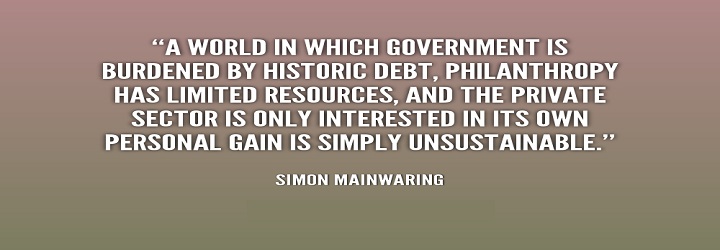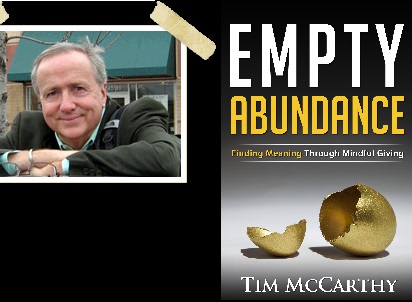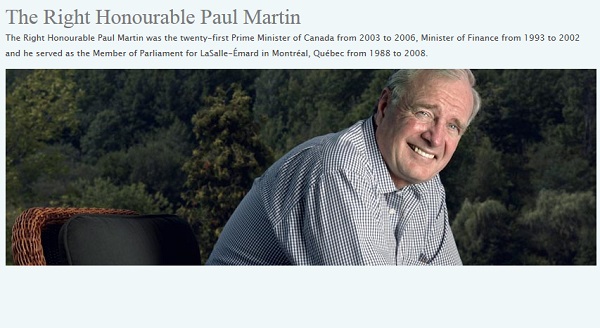A mattress is a vital component of comfort in your home.
A poor-quality mattress can cause body aches and affect your life. It’s, therefore, crucial to purchase the right mattress from a reputable store at a reasonable price. For the best mattress sale in Toronto, you need to consider some factors to help you make the right decision. If you’re looking for a deal on your next mattress or bed set, keep reading for tips on finding the best mattress sale in Toronto and get the most significant savings with no compromise on quality.
- Identify a Reputable and Reliable Mattress Store
When shopping for a mattress sale in Toronto, it’s essential to identify reliable and reputable retailers. If you have friends or family members who have recently gone through a mattress purchase, they can give you good advice about specific stores that they found reliable. Local blogs or online forums dedicated to mattress purchases can also be good resources when looking at different brands and retailers.
Once you’ve identified some potential stores, it’s time to look into their sales policies. Most reputable retailers will offer sales periodically throughout the year—especially around major holidays like Black Friday and Christmas—so knowing how long those sales last is critical to ensure you get a good deal. A good mattress store in Toronto like the Queensway Mattress will provide overall satisfaction from good customer service to quality products and after-sales services. So, look out for any complaints about delivery times, damaged goods, or unsatisfactory services before finalizing your decision.
- Try Out Before You Buy
Getting out of bed and trying out a mattress is an excellent way to be sure you’re making an informed decision. You can check how it feels, whether it’s too soft or too firm, and see if you like how it looks. If you want to buy a new mattress, try one out before purchasing—you may even decide that you can get by with what you already have. Leave enough time for your test drive; going from store to store will likely take more than a few hours.
Ask about return policies: Most stores won’t accept returns once you take off mattresses from their premises. Asking these questions up front can save you time and energy later on. Therefore, if you’re looking for a mattress sale in Toronto, it’s crucial to ensure they allow you to sleep on your new mattress before deciding whether it meets your needs.
- Go for The Best Quality and Comfort
You might assume that high-quality, comfortable mattresses are expensive, but that’s not always true. You can get quality mattresses from reliable stores at reasonable prices if you know how to shop around. However, you need to know your needs and requirements before shopping for a new mattress to avoid wasting money on a product that doesn’t suit your needs.
For example, if you need a mattress that can help you relieve some pressure points on your body, then you can invest in a Latex or Memory foam mattress. If you have problems with allergies, then it is better to buy a hypoallergenic mattress from a reputable store. It’s good to match your needs with quality, comfort, and economical pricing to decide what type of mattress you should purchase.
- Check The Warranty
Before you finalize your deal on a mattress sale in Toronto, check to see what kind of warranty it comes with to be safe. If your mattress wears out within five years and doesn’t have a solid product warranty, you might pay a lot more than you bargained for in the first instance. It’s also worth asking about details like return policy and restocking fees: some businesses are notorious for charging steep return fees or simply refusing to accept used or damaged products.
Buying mattresses supported by the most reliable warranties will keep you from paying extra money later. Also, ask how long those warranties last; sometimes, they expire just months after purchase. Dedicated warranty periods may range between 2 and 15 years.
- Take Advantage of Free Delivery and Removal
When buying a mattress, ask about free delivery and removal. If a retailer doesn’t offer such services or charges too much for them, you can probably find them elsewhere. The point of getting great deals on mattress sales is not to deal with additional hidden fees. Just be sure to factor in other costs, like transportation and set-up, when you do your comparison shopping.
For example, if one store offers free shipping, but another delivers right to your door at no extra charge, you might pay more overall by Option 1. However, some people prefer picking out their mattress; they say they can test it out before purchasing. You can also benefit from some retailers offering a mattress sale in Toronto who let customers try out mattresses at home—so check around!
- Look for Economical Pricing and Flexible Payment Methods
Many of us choose to buy mattresses online since they tend to be less expensive. However, if you’re going to buy a mattress online, make sure you find one with an economical pricing structure and flexible payment options. You don’t want to spend even more money paying interest or other fees because you bought your mattress online; shop smart and get a good deal.
You can also search for reputable stores that offer mattress sales in Toronto at monthly installments and no-interest financing plans. This way, you won’t have to pay all at once but will still get to enjoy your new mattress immediately after making your purchase.
Conclusion
Those who know how to find deals on mattress sales in Toronto are doing a service to themselves, whether they choose to purchase online or offline. There are so many choices that come with different prices, but if you know where to look and what questions to ask, you can get what you need at a price that won’t break your bank. A reputable mattress store in Toronto will have all of their products clearly labeled and will be able to answer any questions you may have about their products. You need not settle for less than what you want when purchasing mattresses; do your research, ask your questions, and use these tips as a guide when looking for a deal on a mattress sale in Toronto.








